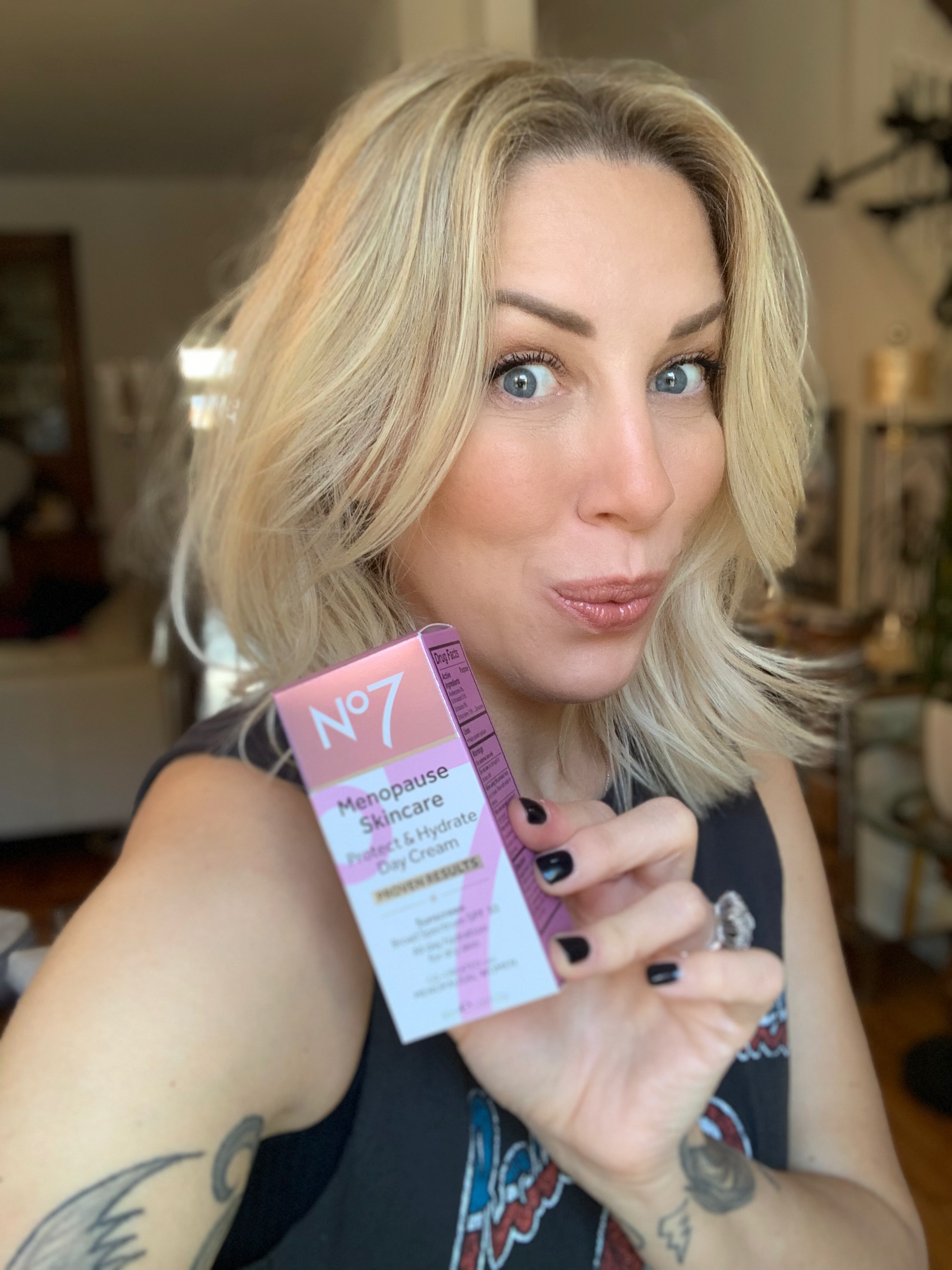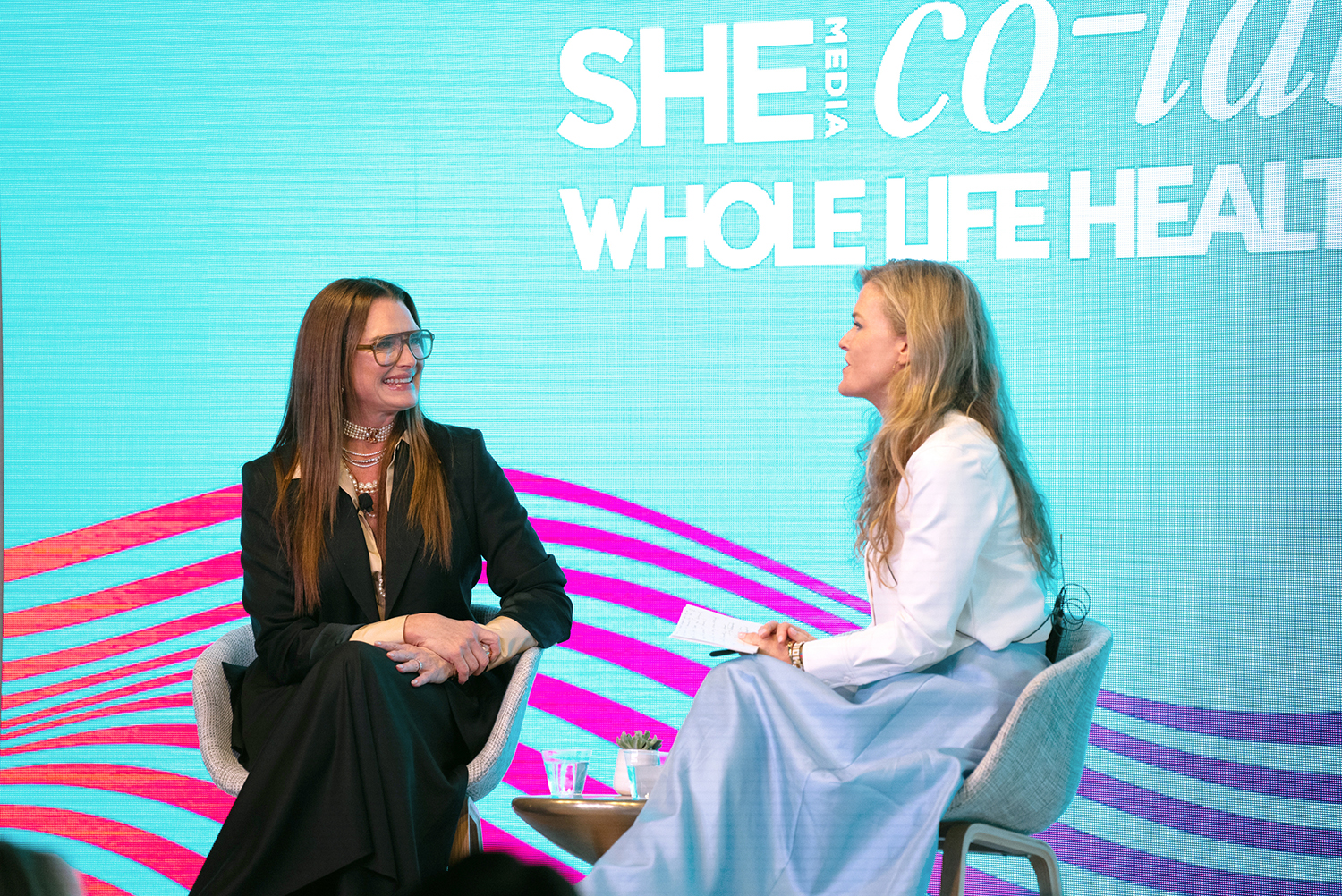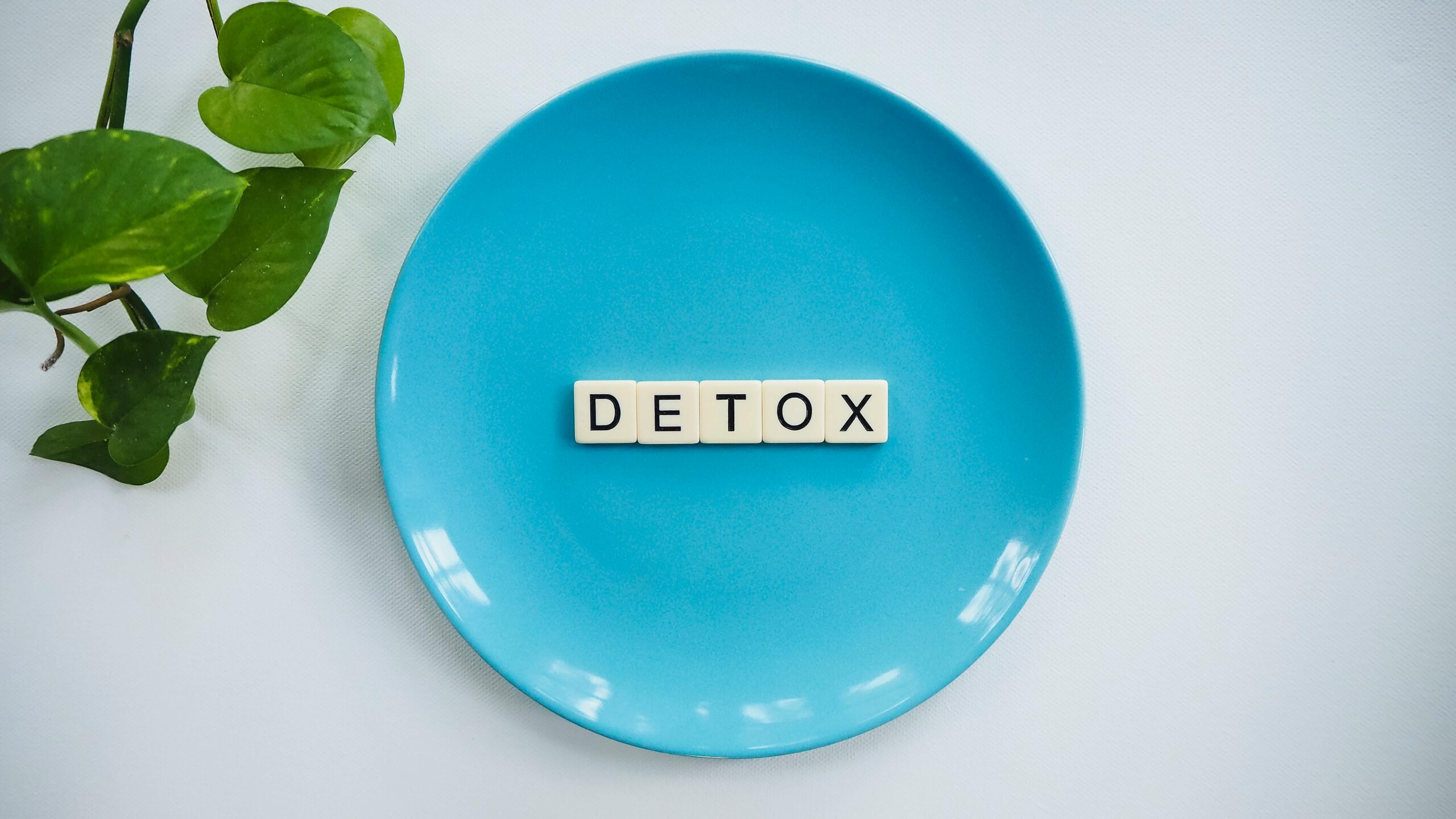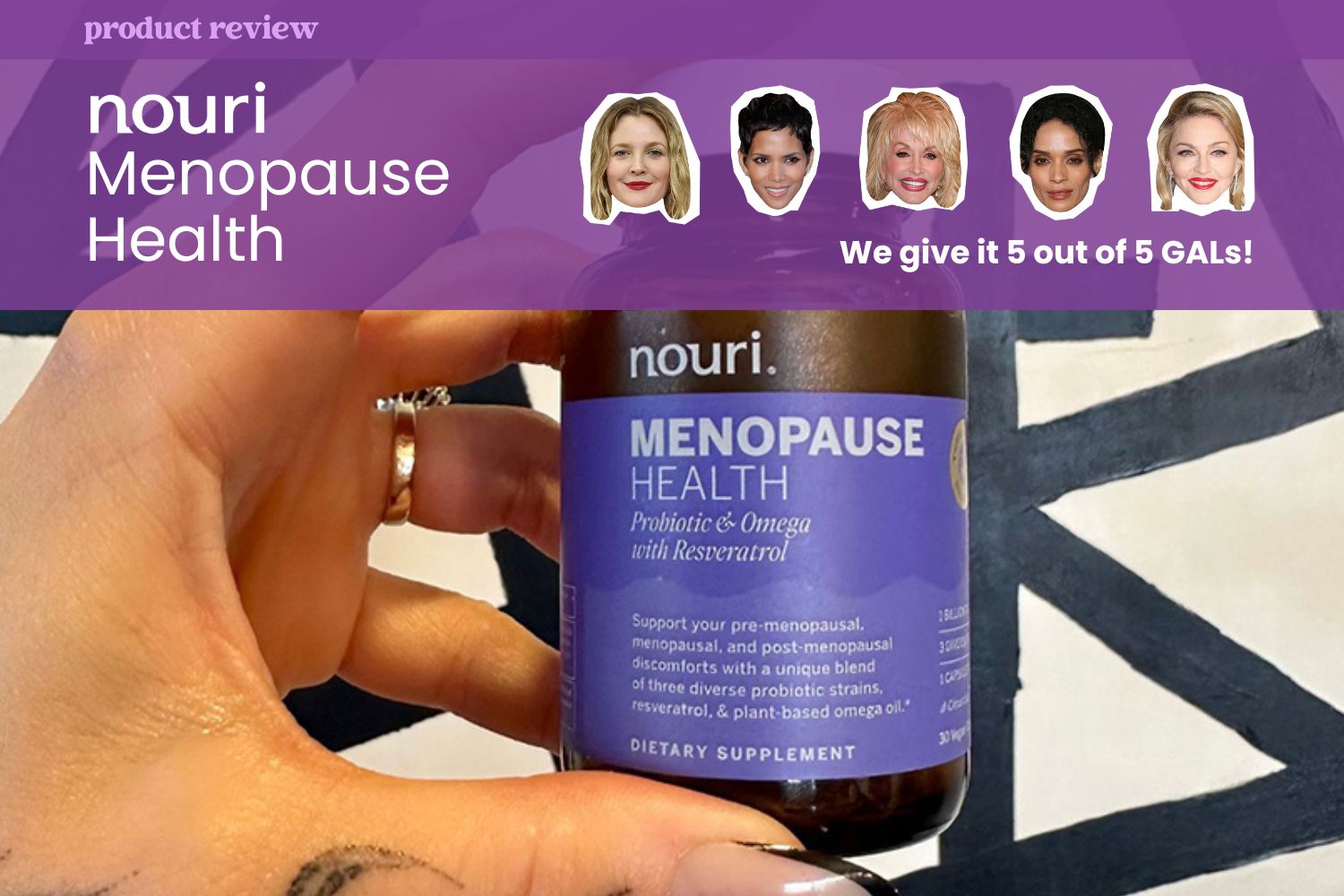
Changing face: The truth about our skin before and during menopause
Growing older is a beautiful gift. Along for the ride come changes to our bodies, including how we face the world — and how the world receives us.
Beginning in perimenopause, so about mid-forties for most women, our bodies reduce the amount of estrogen we produce. We stop ovulating, and this drop in estrogen, our longtime companion since puberty, throws off our progesterone, leaving our hormones unbalanced. Now is when telltale signs like missed periods, hot flashes, and vaginal dryness begin — and when our face also goes through “the change.”
What happens to your face during menopause?
Before and during menopause, we can experience a variety of transitions to our skin. These most commonly include:
- Loose skin — We lose about 30% of our collagen during the first five years of menopause, which means wrinkles, large pores, eye pouches, and jowls.
- Dry skin — Our skin loses its ability to hold water, so hydration inside and out is critical.
- Age spots — Skin reveals time spent in the sun. Continuing to maintain daily SPF protection is critical for reducing further damage.
- Sensitivity — As pH levels change, our skin becomes irritable, exasperating eczema and rosacea.
- Acne — Just like in our teens, again fluctuating hormones make themselves known on our faces.
- Facial hair — Less estrogen means little whiskers appearing along our upper lips and jaw lines.
- Wounds — Since hormone levels are lower, our skin now takes longer to heal.
While this list may sound alarming, knowledge about our bodies can empower us to make smart choices for our health and confidence moving forward. Plus, for every “problem,” there’s a product, right?

Positioning skin care for menopause
No7 Beauty Company introduced its Menopause Skincare Collection in August 2022. The U.K. brand, now wildly popular in the U.S., reports to have researched and developed this line over five years, working with more than 7,000 women going through the change. In doing so, their studies revealed how reduced levels of estrogen impact skin during menopause, causing “dryness, sensitivity, and dullness” during this time.
To combat it all, the No7 Menopause launched a radiance serum to reinforce moisture; a night cream for nocturnal rejuvenation; a day cream with SPF30 for “72 hours of locked-in hydration;” an eye cream designed to brighten and firm; and a cooling mist with rose water and essential oils for hot flashes.
Additionally, the No7 team chose to include the word “menopause” in its branding as way to break the taboo of this often unspoken experience in women’s lives. While they’re not the first — Stacy London launched her “State of Menopause” products, among other lesser known brands — No7 is the first to reach the masses. Even if it is for the sake of marketing, bringing the word “menopause” to the fore can be considered a plus, along with normalizing its effects.

Lifestyle changes for your skin during menopause
To be proactive in your menopausal skin journey, one-on-one health coach Anna Jackson, who specializes in women’s hormonal changes, says to make yourself a priority and incorporate some easy lifestyle changes:
Along with exercise, diet and stress play a big part in how we age. “Eating too much sugary food or alcohol will decrease collagen production,” explains Anna. “Stress and rushing woman’s syndrome is another reason our skin ages faster — our bodies use a lot more nutrients and minerals to keep going, therefore depleting our storage tanks.”
Collagen supplements in the forms of organic bone broth or vegan collagen power help to replenish this important protein. Antioxidants, especially vitamin C, in both foods and products help to reduce free radicals and make more collagen.
Hyaluronic acid, easily available in many serums and moisturizers, plumps skin and minimizes lines, and even helps wounds to heal. Plus, a nighttime ritual of retinol (vitamin A) boosts free radicals and produces elastin and collagen — proven especially effective with a solid slumber of REM. Lastly, IPL (Intense Pulsed Light) Therapy from your esthetician or a DIY gadget can target unwanted texture and pigmentation.
Now what, fellow Changers?
Sure, we have gorgeous menopausal women like model Paulina Porizkova writing books like No Filter: The Good, the Bad and the Beautiful, saying things like, “I have wrinkles and that does not make me ugly.” But we also have a gazillion brands and ads countering this advice with different goops and gadgets to change our destined appearances.
So what’s a gal to do? Anna reminds us to “be where you are.” Feel it, roll with it. Embrace what’s to come, including all the optional but fun and helpful products. We’re perimenopausal after all, and that means change — for the better.
Source: Clevelandclinic.org
Sorry, the comment form is closed at this time.





Jenni
Never in a million years did I think that, at age 48, I’d be battling wrinkles AND pimples! My friend said, “Menopause is like puberty in reverse, only not as much fun (sarcasm).”
TRUTH!
Lauria Locsmondy
I couldn’t agree more! Finally, zits gone — only to see ’em again. Hopefully, some of these tips can help. Thanks so much for reading! XOXO, Lauria